Rocks are a necessary piece of life. Rocks build landscapes and form mountains. They are strong and powerful.
And when you find a rock like the one just discovered in the Acasta gneiss formation in the Northwest Territories, you're reminded of another of rock's impressive powers.
It sticks around for a very long time.
A rock from the beginning of time
This rock, which is currently being studied by scientists at the University of Alberta in Edmonton, is over 4 billion years old! 4.02 billion, to get slightly more exact. Now in case that just seems like another number to you, let us put it another way.
Dinosaurs? They first appeared about 231 million years ago.
Land animals of any kind? The earliest appearance of those creatures is maybe around 430 million years ago.
Multicellular life? First arrived in water maybe around 1.5 billion years ago.
We're still so far away from the time when this rock was "born." So let's look at it from the other direction...
The Earth was first formed 4.54 billion years ago. So this rock has been around for about 88% of the entire life of our planet. That's remarkable.
The zircon makes it special
Having a rock in your hands that dates back nearly to the very beginning of our planet is one thing. Being able to learn something from it is another. Fortunately, that's part of what makes this specimen truly special. It contains crystals of zircon. And these are what carry information about perhaps the earliest surface our planet ever had. That's because these crystals were formed as this rock cooled and mixed with even older rocks beside it. A time when the very first single-celled life was arriving on Earth.
This may not be the very oldest rock ever discovered, but it's close to it. There are only three places on Earth that have rocks older than 4 billion years: one in Western Australia, one in Quebec, and this one in the Northwest Territories. As Jesse Reimink, the study's lead author, told the CBC of the find: "It's extremely rare. We know so little about this time in Earth's history, and we know so little because there are so few samples to work with."
So give yourself a pat on the back, rock. You're pretty alright.
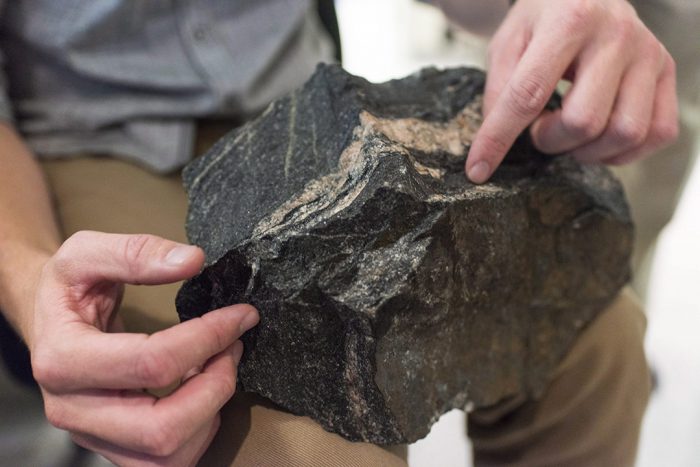 University of Alberta scientist Jesse Reimink points to the dark bands which make up the oldest part of the rock in this handout image. The lighter bands are younger portions of rock that intruded into the 4.02 billion-year-old rock at a later time. (THE CANADIAN PRESS/HO-University of Alberta-John Ulan)
University of Alberta scientist Jesse Reimink points to the dark bands which make up the oldest part of the rock in this handout image. The lighter bands are younger portions of rock that intruded into the 4.02 billion-year-old rock at a later time. (THE CANADIAN PRESS/HO-University of Alberta-John Ulan)

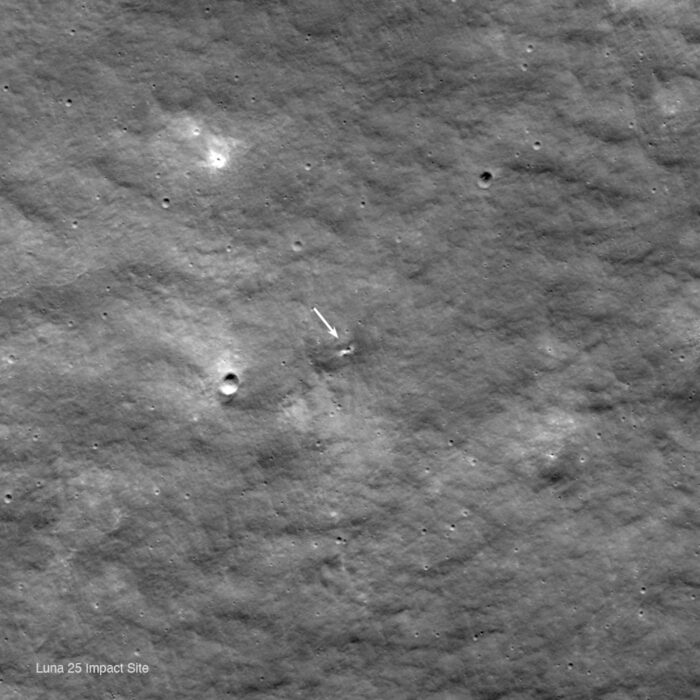


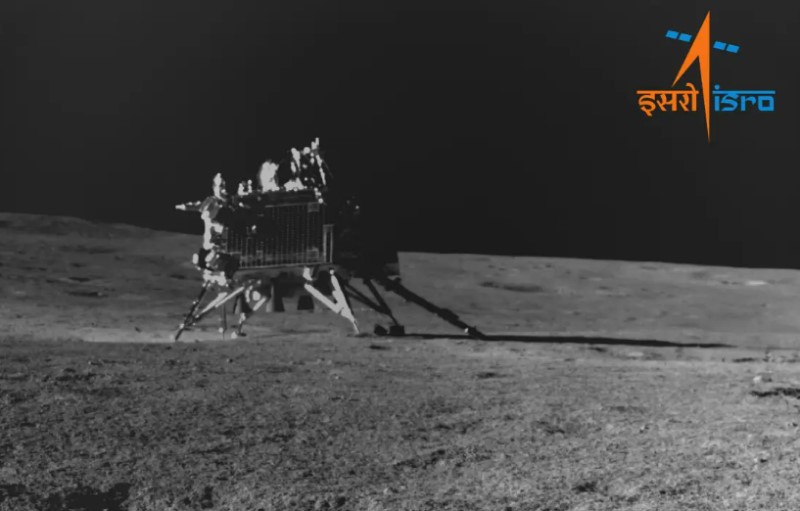
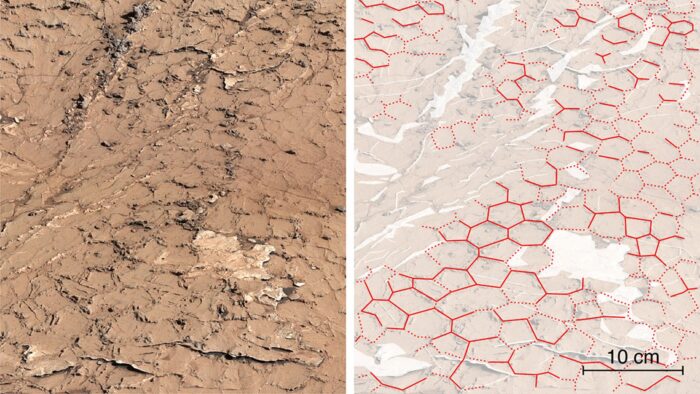
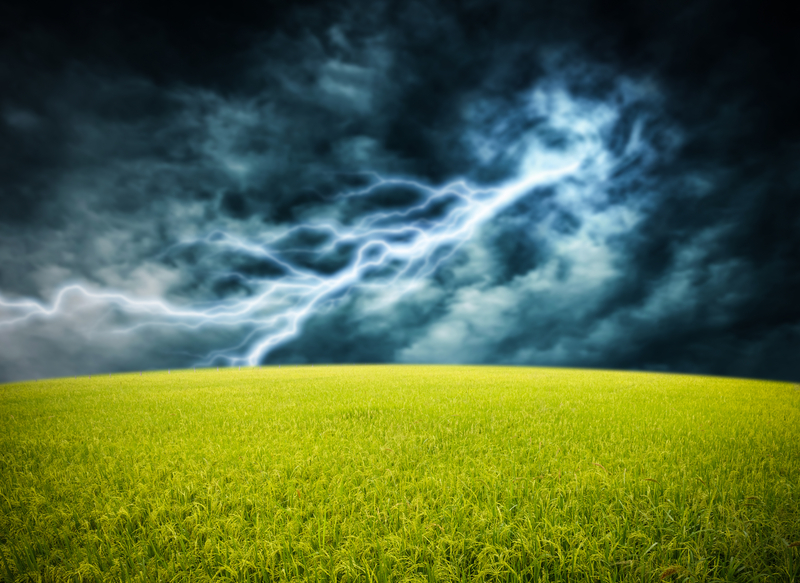

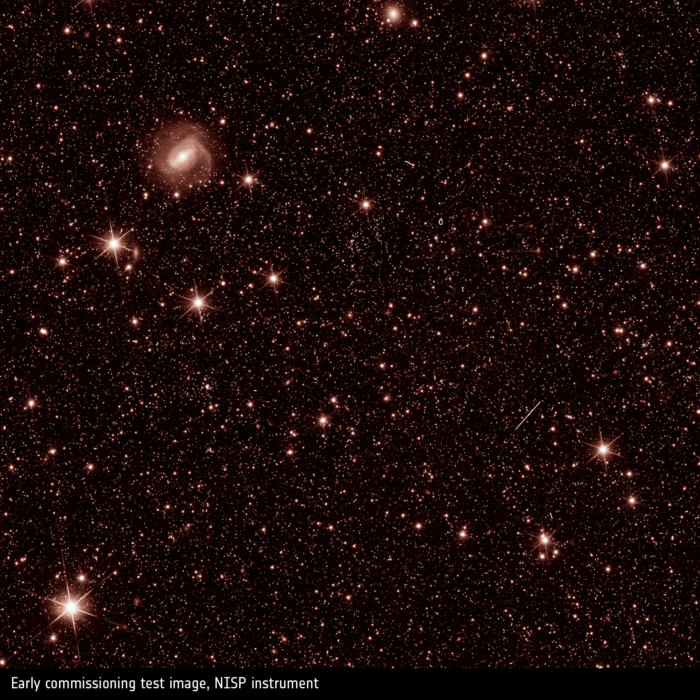

That’s cool ??